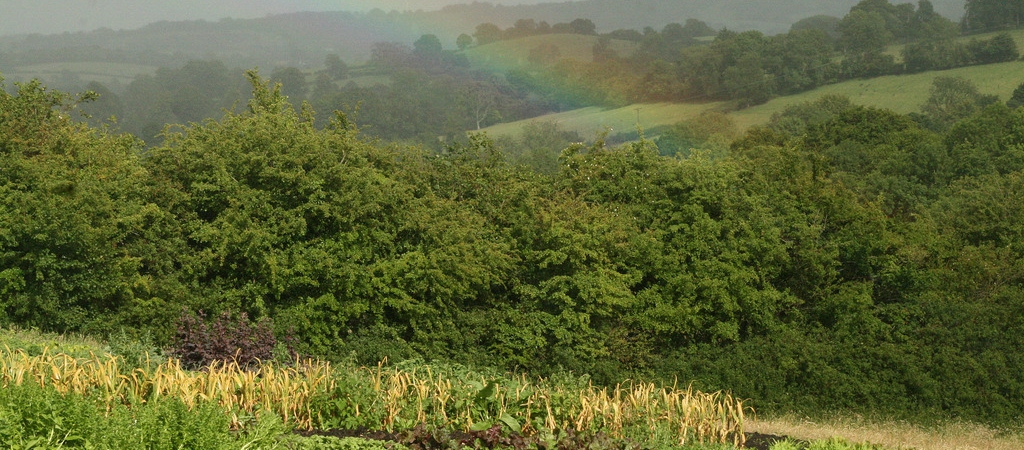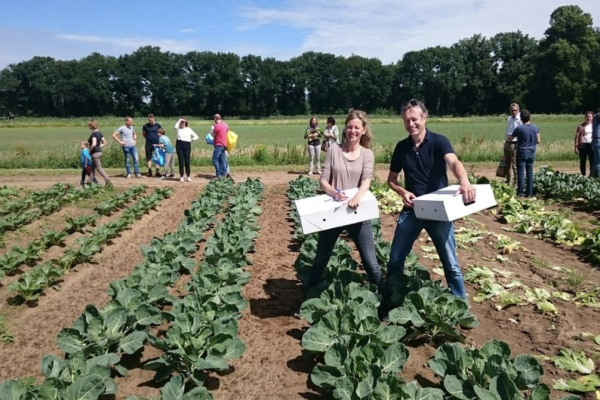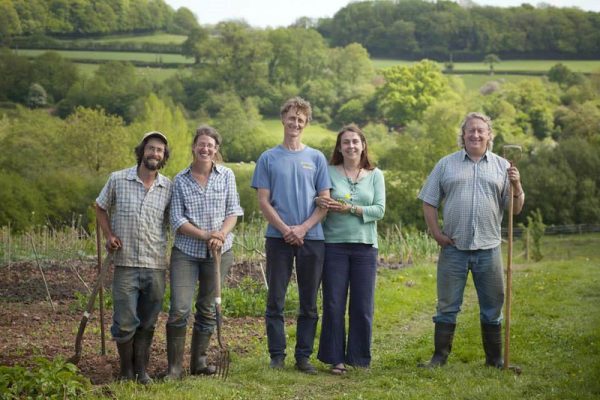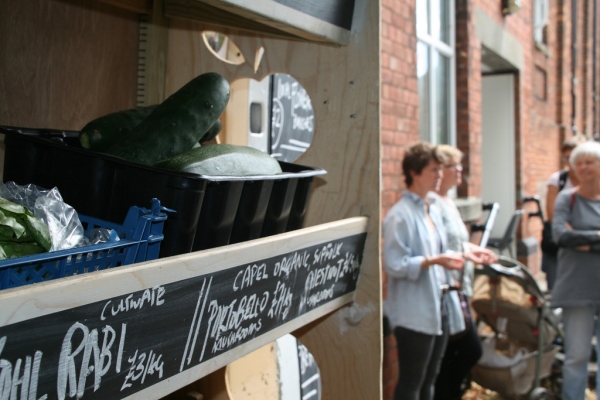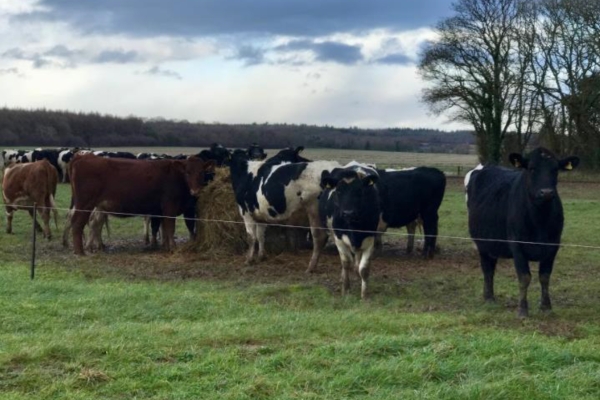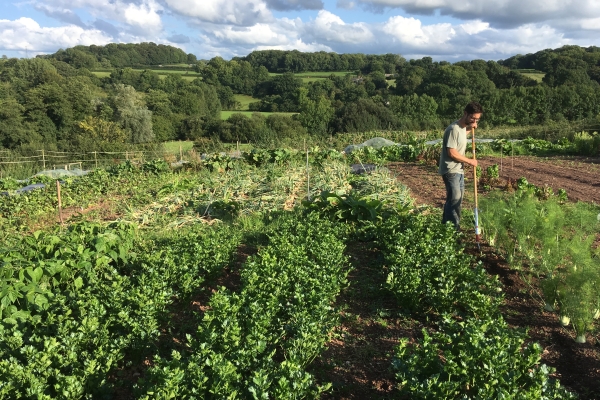Is there a future for small family farms in the UK?
Executive Summary
Resource explained
This report produced for the Prince’s Countryside Fund includes recommendations for farmers of small family farms to help improve the viability and resilience of their businesses in a challenging agricultural environment.
A complex pattern of land use change has led to a steep decline in small family farms in the UK. This report aims to provide insights into the current extent of small family farming, their contribution to the agricultural and rural economy, and the case for their continued role in UK agriculture.
It recognises the diversity of small family farms and acknowledges that different approaches are needed for different types of farms. The report identifies a lack of succession planning and a reliance on agri-environment payments and the Basic Payment Scheme as threats to the future viability of farms. In addition to those aimed at farmers, it recommends actions that policy makers and the agricultural sector could take to help support small family farms.
Findings & recommendations
- The report recommends that to increase the viability of your business and become more resilient, you should aim to:
- Improve farm management and performance through lifelong learning; aim to regularly access advice, support and information on financial management, technical and market knowledge, and social/emotional intelligence to help inform business decisions.
- Develop good business management skills; recognise the strengths and challenges of the family business model to help improve your day-to-day management and share best practices with others farmers.
- Develop and implement a succession plan and/or retirement from farming, including incentives for new entrants where a familial successor is not available. See succession planning as an investment in the future of your business and family.
- Collaborate with other farmers and supply chain partners, including developing local networks to shorten supply chains and increase profits, develop peer support relationships and business opportunities.
- Consider introducing new enterprises to diversify your farm business income.
- This Executive Summary is part of a larger report which can be found here. The report is based on research carried out between November 2015 and May 2016 that involved a combination of methods and sources, including analysis of Farm Business Survey data, a postal survey, interviews and workshops.
